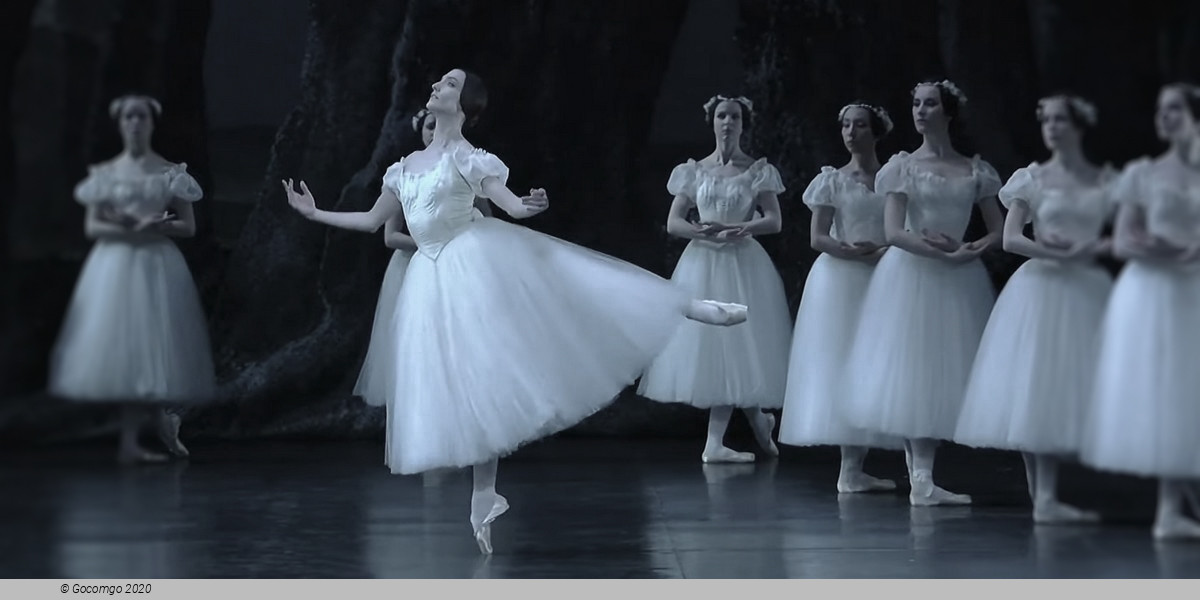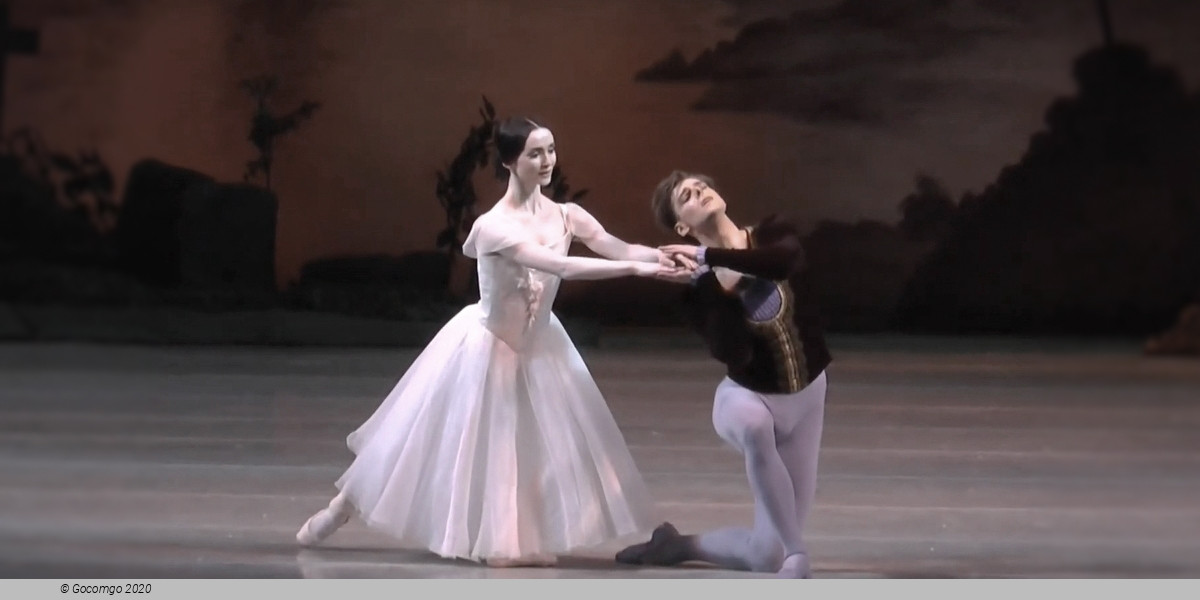Events81 results
About
Pierre Jules Théophile Gautier (French: [pjɛʁ ʒyl teofil ɡotje]; 30 August 1811 – 23 October 1872) was a French poet, dramatist, novelist, journalist, and art and literary critic.
While an ardent defender of Romanticism, Gautier's work is difficult to classify and remains a point of reference for many subsequent literary traditions such as Parnassianism, Symbolism, Decadence and Modernism. He was widely esteemed by writers as disparate as Balzac, Baudelaire, the Goncourt brothers, Flaubert, Pound, Eliot, James, Proust and Wilde.
Gautier was born on 30 August 1811 in Tarbes, capital of Hautes-Pyrénées département (southwestern France). His father was Jean-Pierre Gautier, a fairly cultured minor government official, and his mother was Antoinette-Adelaïde Cocard. The family moved to Paris in 1814, taking up residence in the ancient Marais district.
Gautier's education commenced at the prestigious Collège Louis-le-Grand in Paris (fellow alumni include Voltaire, Charles Baudelaire, Victor Hugo, and the Marquis de Sade), which he attended for three months before being brought home due to illness. Although he completed the remainder of his education at Collège Charlemagne (alumni include Charles Augustin Sainte-Beuve), Gautier's most significant instruction came from his father, who prompted him to become a Latin scholar by age eighteen.
While at school, Gautier befriended Gérard de Nerval and the two became lifelong friends. It is through Nerval that Gautier was introduced to Victor Hugo, by then already a well-known, established leading dramatist and author of Hernani. Hugo became a major influence on Gautier and is credited for giving him, an aspiring painter at the time, an appetite for literature. It was at the legendary premiere of Hernani that Gautier is remembered for wearing his anachronistic red doublet.
In the aftermath of the 1830 Revolution, Gautier's family experienced hardship and was forced to move to the outskirts of Paris. Deciding to experiment with his own independence and freedom, Gautier chose to stay with friends in the Doyenné district of Paris, living a rather pleasant bohemian life.
Towards the end of 1830, Gautier began to frequent meetings of Le Petit Cénacle (The Little Upper Room), a group of artists who met in the studio of Jehan Du Seigneur. The group was a more irresponsible version of Hugo's Cénacle. The group counted among its members the artists Gérard de Nerval, Alexandre Dumas, père, Petrus Borel, Alphonse Brot, Joseph Bouchardy and Philothée O’Neddy (real name Théophile Dondey). Le Petit Cénacle soon gained a reputation for extravagance and eccentricity, but also for being a unique refuge from society.
Gautier began writing poetry as early as 1826, but the majority of his life was spent as a contributor to various journals, mainly La Presse, which also gave him the opportunity for foreign travel and for meeting many influential contacts in high society and in the world of the arts. Throughout his life, Gautier was well-traveled, taking trips to Spain, Italy, Russia, Egypt and Algeria. Gautier's many travels inspired many of his writings including Voyage en Espagne (1843), Trésors d’Art de la Russie (1858), and Voyage en Russie (1867). Gautier's travel literature is considered by many as being some of the best from the nineteenth century; often written in a personal style, it provides a window into Gautier's own tastes in art and culture.
Gautier was a celebrated abandonné (one who yields or abandons himself to something) of the Romantic Ballet, writing several scenarios, the most famous of which is Giselle, whose first interpreter, the ballerina Carlotta Grisi, was the great love of his life. She could not return his affection, so he linked her sister Ernestina, a singer.
Absorbed by the 1848 Revolution, Gautier wrote almost one hundred articles, equivalent to four large books, within nine months in 1848. In his essay La République de l'avenir, he celebrated the advent of the new republic and the onward march of individual liberty. Gautier experienced a prominent time in his life when the original romantics such as Hugo, François-René de Chateaubriand, Alphonse de Lamartine, Alfred de Vigny and Alfred de Musset were no longer actively participating in the literary world. His prestige was confirmed by his role as director of Revue de Paris from 1851–1856. During this time, Gautier left La Presse and became a journalist for Le Moniteur universel, finding the burden of regular journalism quite unbearable and "humiliating". Nevertheless, Gautier acquired the editorship of the influential review L’Artiste in 1856. It is in this review that Gautier publicized Art for art's sake doctrines through many editorials.
The 1860s were years of assured literary fame for Gautier. Although he was rejected by the French Academy three times (1867, 1868, 1869), Charles-Augustin Sainte-Beuve, the most influential critic of the day, set the seal of approval on the poet by devoting no less than three major articles in 1863 to reviews of Gautier's entire published works. In 1865, Gautier was admitted into the prestigious salon of Princess Mathilde Bonaparte, cousin of Napoleon III and niece to Bonaparte. The Princess offered Gautier a sinecure as her librarian in 1868, a position that gave him access to the court of Napoleon III.
Elected in 1862 as chairman of the Société Nationale des Beaux-Arts, he was surrounded by a committee of important painters: Eugène Delacroix, Pierre Puvis de Chavannes, Édouard Manet, Albert-Ernest Carrier-Belleuse and Gustave Doré.
During the Franco-Prussian War, Gautier made his way back to Paris upon hearing of the Prussian advance on the capital. He remained with his family throughout the invasion and the aftermath of the Commune, eventually dying on 23 October 1872 due to a long-standing cardiac disease. Gautier was sixty-one years old. He is interred at the Cimetière de Montmartre in Paris.



